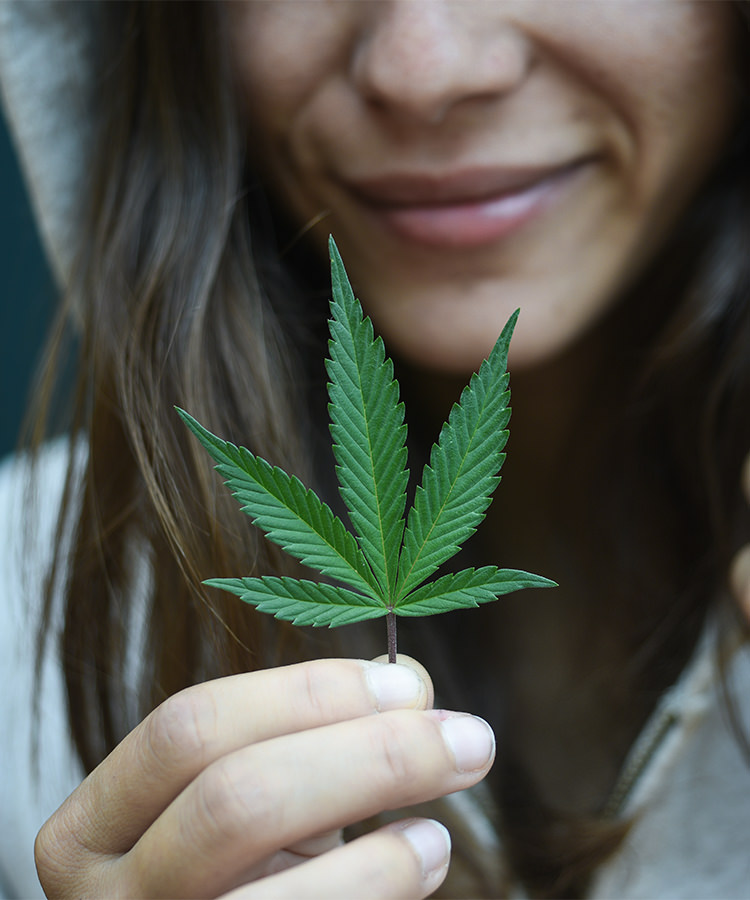With recreational marijuana legalized in eight states and the District of Columbia, the alcohol industry has begun searching for ways to keep cannabis sales from hurting the bottom line of alcohol sales. The alcohol lobby generally has an interest in the continued prohibition of marijuana for fear of losing consumers to a legal, regulated marijuana market. However, Constellation Brands Inc., a major U.S. beer, wine, and spirits importer and distributor of brands like Corona, Modelo, and Ballast Point, is opting for collaboration instead of competition.
Constellation will purchase a 9.9 percent stake in Canadian marijuana company Canopy Growth Corp., and has partnered with them in an effort to create and market marijuana beverages, according to the Wall Street Journal. Ever since marijuana was legalized for medicinal use, cannabis companies have worked to manufacture drinks, as wells as edibles, for patients who can’t, or prefer not to, smoke the substance.
Many advocates for recreational marijuana legalization believe that since pot is already legal in eight states and the District of Columbia, a kind of domino effect is taking place, and it’s simply a matter of time before the remaining states end marijuana prohibition. Alcohol companies like Constellation are trying to get ahead of the competition in anticipation for nationwide legalization.
“We think it’s highly likely, given what’s happened at the state level,” Constellation CEO Rob Sands told the Wall Street Journal in an interview. “We’re obviously trying to get first-mover advantage.”
While marijuana beverages have been around since medical legalization, recreational legalization of the plant has led to an accelerated, larger market for drinkable cannabis. There are a number of coffees, teas, juices, sodas and other beverages that contain THC and other cannabinoids derived from marijuana. Alcohol companies like Constellation are trying to mitigate the risk of losing customers to a legal marijuana market by offering such drinks. Constellation won’t sell these beverages yet in the U.S., but will be able to sell them in countries, such as Uruguay, where recreational pot is legal.
